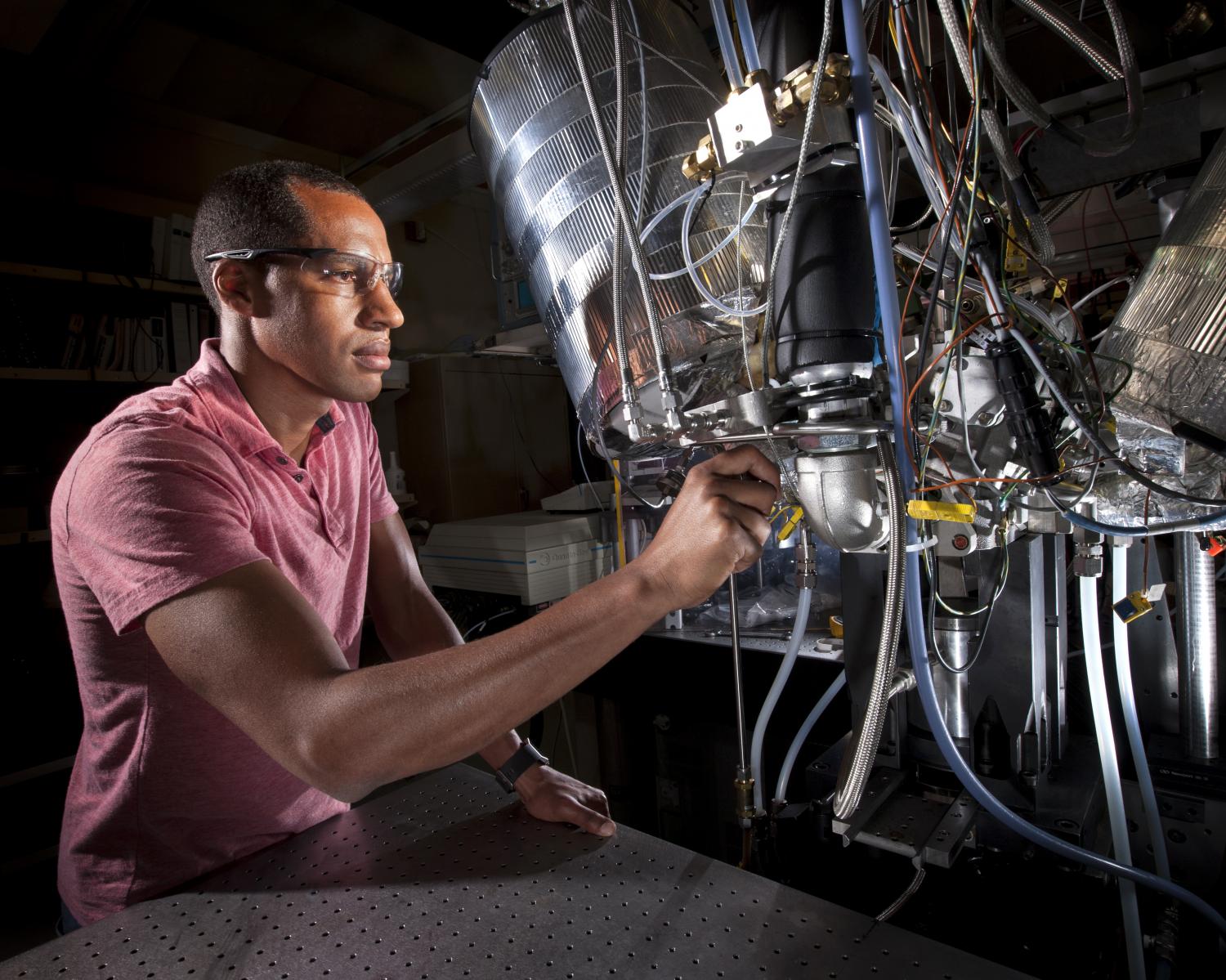Archive for the ‘economics’ category: Page 192
Jun 23, 2016
Scientific Innovation Needs the European Union to Succeed
Posted by Zoltan Istvan in categories: bioengineering, biotech/medical, computing, cyborgs, economics, employment, genetics, life extension, neuroscience, robotics/AI, transhumanism
My new Psychology Today story on BREXIT and the EU:
Scientific innovation doesn’t just happen on its own. It takes stable economies, free societies, and open-minded governments. The best environment for science to thrive in is that of collaborating groups incentivized to communicate and cooperate with one another. This is precisely what the European Union is.
And now, more than ever, the union of Europe is needed—because we are crossing over into the transhumanist age, where radical science and technology will engulf our lives and challenge our institutions. Robots will take 75% of the jobs in the next 25 years. CRISPR gene editing technology will allow us to augment our intelligence, perhaps doubling our IQ. Bionic organs will stave off death, allowing 200 year lifespans.
Continue reading “Scientific Innovation Needs the European Union to Succeed” »
Jun 20, 2016
Money Behind First CRISPR Test? It’s from Internet Billionaire Sean Parker
Posted by Bruno Henrique de Souza in categories: bioengineering, biotech/medical, economics, internet
Jun 19, 2016
Genetically enhancing our children could raise interest rates
Posted by Karen Hurst in categories: bioengineering, business, economics, genetics, government, neuroscience
Always a trickle down effect on things that improve or change. Just reconfirms and reminds us organically how everything is indeed connected.
Capital tends to have greater value the more skilled and educated the workforce. Anticipating genetically enhanced workers would cause firms to want to invest more now in new equipment and buildings. Many assets, such as real estate and intellectual property, become more valuable the richer a society and so expectations of a much higher economic growth rate would cause companies to spend more buying and developing these assets so that businesses, as well as governments, will wish to borrow more when they realize the potential of human genetic engineering.
Many individuals will reduce their savings rate in anticipation of a future richer society. Today, fear that Social Security won’t survive motivates many Americans to save, but this fear and so this incentive for saving would disappear once genetic engineering for intelligence proves feasible. Furthermore, many citizens would rationally expect future government benefits to senior citizens to increase in a world made richer by genetic engineering and this expectation would reduce the perceived need to save for retirement.
Continue reading “Genetically enhancing our children could raise interest rates” »
Jun 18, 2016
Ultrafast dynamics of semiconductor nanocrystals
Posted by Karen Hurst in categories: economics, energy, finance, quantum physics
Spectroscopy studies of charge transfer from cadmium selenide quantum dots to molecular nickel catalysts reveal unexpectedly fast electron transfer, enabling exceptional photocatalytic hydrogen production.
![]()
A key challenge facing the US is the harvesting, production, storage, and distribution of energy to support economic prosperity with responsible environmental management. Currently, fossil fuels provide more than 80% of the energy consumed in the US (even when significant increases in the use of alternative sources of energy in recent years are accounted for).1 For the US Department of Defense in particular, volatility in the price and availability of fossil fuels leads to significant short- and long-term financial, operational, and strategic risks.2 There is, therefore, clearly a need for new alternative sources of energy.
Continue reading “Ultrafast dynamics of semiconductor nanocrystals” »
Jun 17, 2016
The case for slower growth – but how? – 46th St. Gallen Symposium | St. Gallen Symposium
Posted by Odette Bohr Dienel in category: economics

Jun 16, 2016
Aggressive, sparkplug-free gasoline auto engines with high efficiency
Posted by Shailesh Prasad in categories: economics, energy, transportation
Researchers at Sandia National Laboratories’ Combustion Research Facility are helping to develop sparkplug-free engines that will help meet ambitious automotive fuel economy targets of 54.5 miles per gallon by 2025.
They are working on low-temperature gasoline combustion (LTGC) operating strategies for affordable, high-efficiency engines that will meet stringent air-quality standards.
Sandia researchers Isaac Ekoto and Benjamin Wolk said the goal of the LTGC project is an engine in which chemically controlled ignition initiates the combustion of dilute charge mixtures.
Continue reading “Aggressive, sparkplug-free gasoline auto engines with high efficiency” »
Jun 14, 2016
Here’s why the government should give you $1,000 a month
Posted by Dan Kummer in categories: economics, government
A proposed government program to give every citizen a guaranteed income might make more sense than you think.
Jun 14, 2016
Silicon Valley’s Audacious Plan to Create a New Stock Exchange — By Ellen Huet and Brad Stone | Bloomberg
Posted by Odette Bohr Dienel in categories: business, economics
“Managers, hoping to avoid such jolts, spend too much time focusing on short-term performance. ”
Tag: Finance
Jun 13, 2016
India-US-China : US – Cyber And Bilateral Visits – Analysis
Posted by Karen Hurst in categories: cybercrime/malcode, economics, government, quantum physics
Boy; wait until next month with China’s Quantum Launch.
By Munish Sharma.
Cyber has been one of the key discussion items during both Prime Minister Modi’s just concluded visit to the United States and President Xi Jinping’s visit to the US some nine months back. After Xi’s visit, China and the US signed a Cyber Agreement in October 2015. India and the US will ink a cyber agreement in the next sixty days. Notwithstanding these similarities, the intent of and expectations from these two agreements are fundamentally different; the former is an attempt to manage insecurity and the latter is a quest for security. An analysis of the joint statements issued at the end of the Modi and Xi visits to the US highlights the contrasting differences in India and China’s bilateral ties with the United States in the cyber realm.
Continue reading “India-US-China : US – Cyber And Bilateral Visits – Analysis” »
















